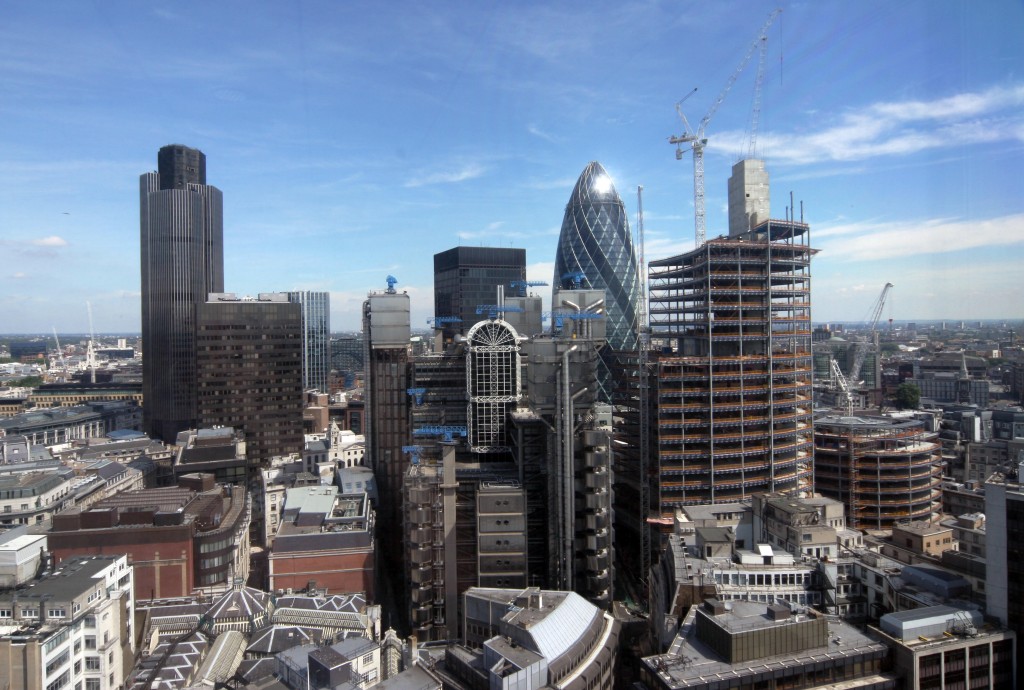In the wake of the economic crisis, London commercial properties proved a popular play amongst real estate investors. However, three years on, the appeal of commercial property in the UK’s capital is beginning to fade, with some of the biggest investors in the market choosing to hunt for commercial properties elsewhere.

Jason Baggaley, Fund Manager at Standard Life Investments (SLI) believes that, after a solid run, too much capital growth has been valued into prime central London commercial property sites. Mr Baggaley, who runs SLI’s £91 million Property Income trust, took profits in December from a key East London commercial property that he had bought in 2009.
At the time of the acquisition, London looked as though it would lead the recovery in commercial properties as investors chased safe stores of income in top-end locations. To profit from this trend, the manager bought the Northern and Shell in the Docklands area of London for £10 million. He sold the commercial property in December 2011 for £12.2 million.
Baggaley, who runs the trust together with SLI’s investment companies head Gordon Humphries, believes that investing in short lets, which account for more than half of all lets invested in by the trust, now represents a more profitable opportunity than the richly priced central London commercial property market. He argues that in a low-growth environment, tenants able to retain their business are unlikely to move, due to the huge cost of and hassle of repositioning.
Baggaley commented: “If you look at take up and demand, it’s not great. There is a huge yield margin, of 200-250 basis points, on short leases.”
The SLI team is not the only voice talking of the risks of buying costly London commercial properties. Even though the capital is among the most active commercial property markets in Europe, its high prices are ever more a turn-off for investors.
In a study of the Continental market conducted by Price WaterhouseCoopers (PwC), London was placed in tenth position out of 21 rival cities in terms of its new investment and performance of existing commercial properties in the eyes of investors, brokers and money managers. In the previous year’s study, London was placed in first position.
Central London office space has been one of the biggest magnets of foreign and commercial investment in the capital. Last year, the sector accounted for near to a third of all commercial property contacts, with a projected £10.2 billion flooding in. More broadly, throughout 2009 and 2010 London was the most popular real estate market in the world. However a PwC report carried out at the start of the year for the Urban Land Institute suggests investors are starting to notice ‘bubble-like pricing’, while a small number of assets were being considered a sure bet by investors.
According to SLI’s Baggaley, chasing shorter yields reduces risk, as it allows investors to focus on contract length much more than location. It also means one the main threats affecting the current investment landscape-fears of a renewed recession, can be turned to his advantage.
Baggaley explained: “The big risk at the moment is economic growth. But if there’s not any growth, why would tenants move because of the cost of funding this if their particular business is okay? For us, this means the big risk of the moment is actually a positive, and in our current portfolio, 78% of the income at risk [due to expire] this year and in 2013 has been secured.”
Nevertheless, a number of investors are continuing to back commercial property in the capital. Manager of the £918 million Ignis UK Property fund, George Shaw has a City office block in Gracechurch Street and a commercial property building in King’s Road, Chelsea, as two of its largest assets. Overall, he is holding just over a third of the fund in London with 34.2 per cent exposure.
Shaw said: “The market remains polarised between London/Southeast compared with other regions and prime, versus secondary, assets. Given the economic outlook, we consider the fund’s focus towards prime assets and its strong central London exposure to be advantageous.”
Manager of the £1.7 billion Aviva Investors Property trust, Philip Nell, is also backing the capital to outperform with a 24.2% weighting in the fund. He counts commercial offices in Soho Square and Jermyn Street, both in the West End, among his largest holdings.
He said: “Outside of central London we are seeing little or nothing in the way of capital growth or of increases in rents.”